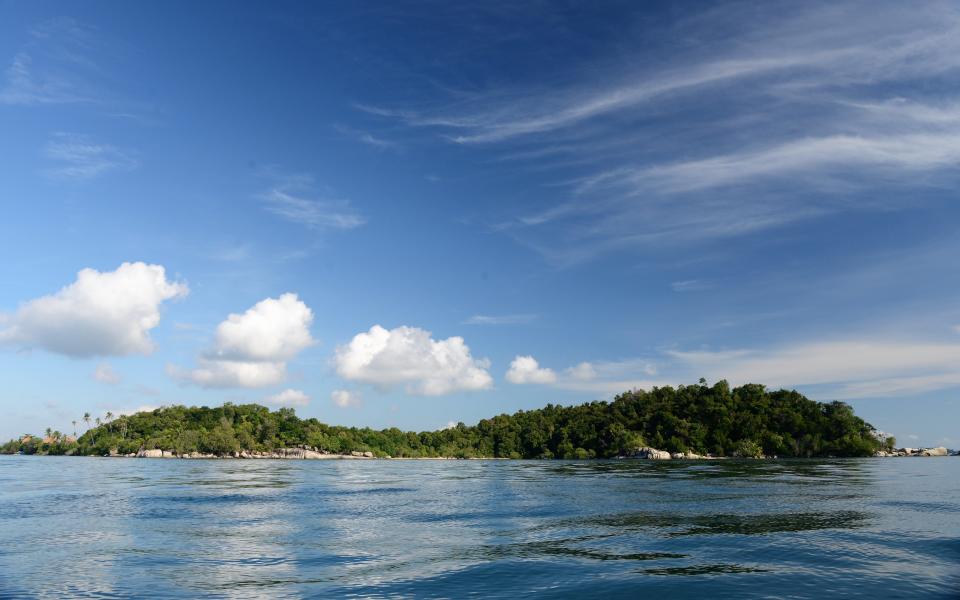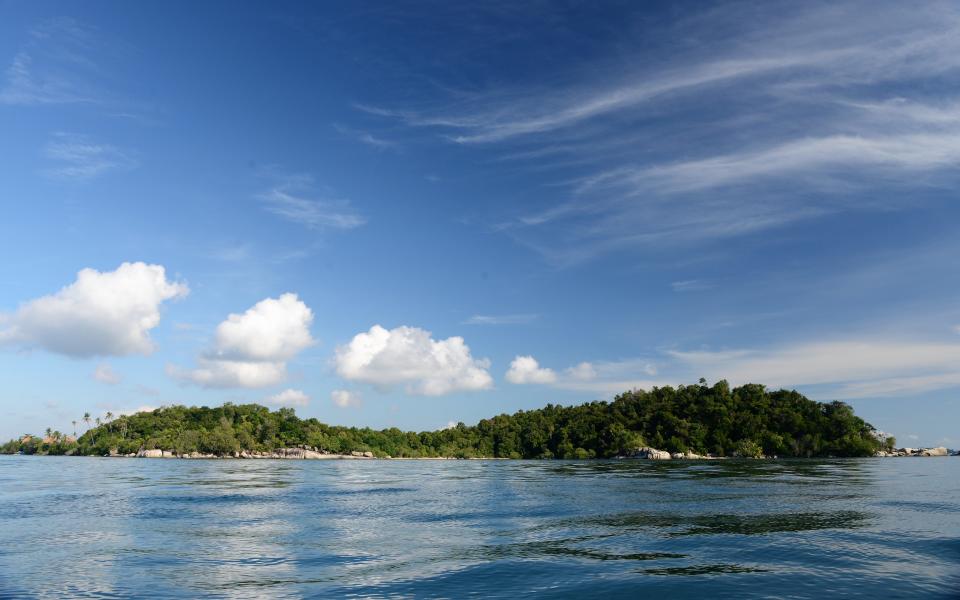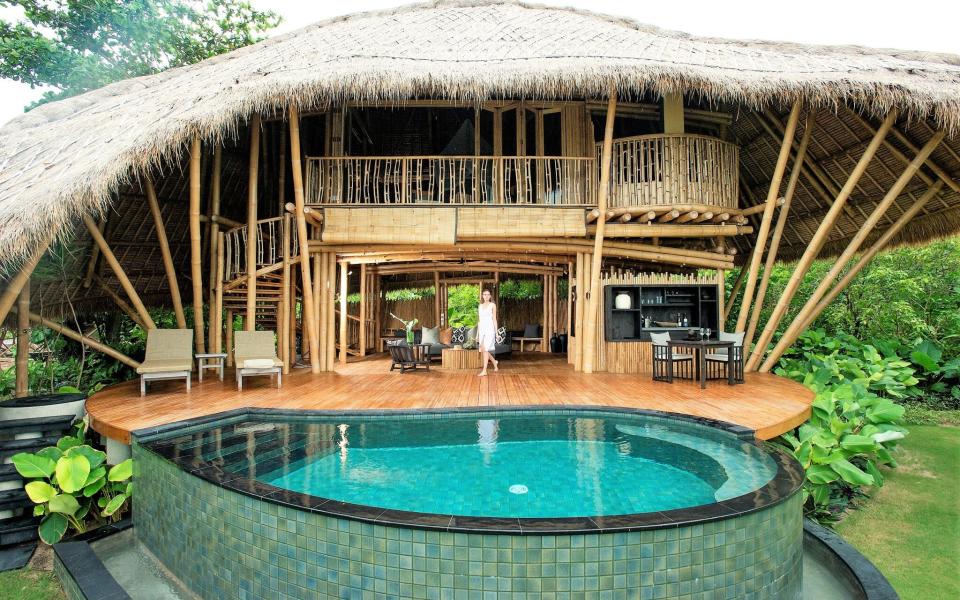Cempedak, Indonesia's new private island retreat
Amanpuri, the original Aman Resort, grew out of a decision by the group’s visionary founder, Adrian Zecha, then a publisher, to build himself a holiday home on Phuket. Francis Ford Coppola bought what became the first Coppola Family Resort, Blancaneaux Lodge in Belize, as a private retreat having acquired a taste for jungle living while shooting Apocalypse Now. From major global brands to niche boutiques to one-offs such as the Ranch at Rock Creek in Montana, many of the most memorable places I know started life as a private estate. And so it is with Nikoi in Indonesia.
Towards the end of 2003, Andrew Dixon, an Australian then working for a bank in Singapore, heard of an island in the South China Sea, somewhere off the coast of the mass-market resort island of Bintan, that was said to be for sale. One weekend, along with a couple of friends, he hired a fishing boat and set out to explore.
Just over five miles offshore, they found it: 37 acres of white shell-strewn beaches, extraordinary rock formations and white granite boulders, acres of virgin rainforest as well as palms and colossal banyan trees, pristine reefs, mangroves and, crucially, a source of fresh water. There was no sign of human habitation bar some fragments of pottery – evidence, they think, that historically merchant ships used to stop here for a bit of duty-free offshore trading. It struck them as extraordinary that an island so beautiful and so close to Singapore could have remained uninhabited and untouched. So, in partnership with three other expats they clubbed together and bought it.
At first the six of them used to come here with their families and camp, but as their taste for comfort and luxury grew, they built beach houses for themselves from driftwood and local plantation timber with alang-alang grass, each with direct access to the beach. Though first they needed a kampong or village to house the construction workers. Of course there was only so much time they could spend on the island, and in any case they saw its commercial potential. Not quite a decade ago, it opened as a hotel, named Nikoi, after the island. Dixon quit his job to manage it.
With its low-key feet-in-the-sand environmentally and socially aware ethos, Nikoi was an immediate success. Just try getting a public-holiday or weekend reservation! In time its owners began to look for another site on which to develop a second hotel.
And next month, its sister property, Cempedak, opens on another private island in Indonesia, 26km south of Nikoi. Extending over 42 acres of rainforest, it is surrounded by secluded sandy beaches, all unpopulated except by silver-leaf monkeys, a family of sea otters, and even the odd critically endangered pangolin.
Where Nikoi welcomes families, Cempedak (which is named after an evergreen fruit-bearing tree) has couples without children (or at least not in tow) in its sights, hence the fact that none of its 20 spacious secluded bamboo villas – all with plunge pools and sea views, some right on the beach – has more than one bedroom. And like Nikoi, it disdains all but the most necessarily technology and bells-and-whistles luxe. (Who needs air con where there are sea breezes, and who watches television in so idyllic a setting?)
And thanks to the hotels’ charity, the Island Foundation, guests can take pride in the fact that simply by being there they are contributing to an education programme for villagers across the archipelago, with six learning centres (a seventh is soon to open) that run classes in soil management, planting, nutrition, hygiene and avoiding waterborne diseases, producing crafts from recycled materials, as well as English language and IT skills.
From SG$726/£410 a night plus S$115/£66 per person for three meals a day.
The worlds best private islands

 Yahoo Finance
Yahoo Finance 


